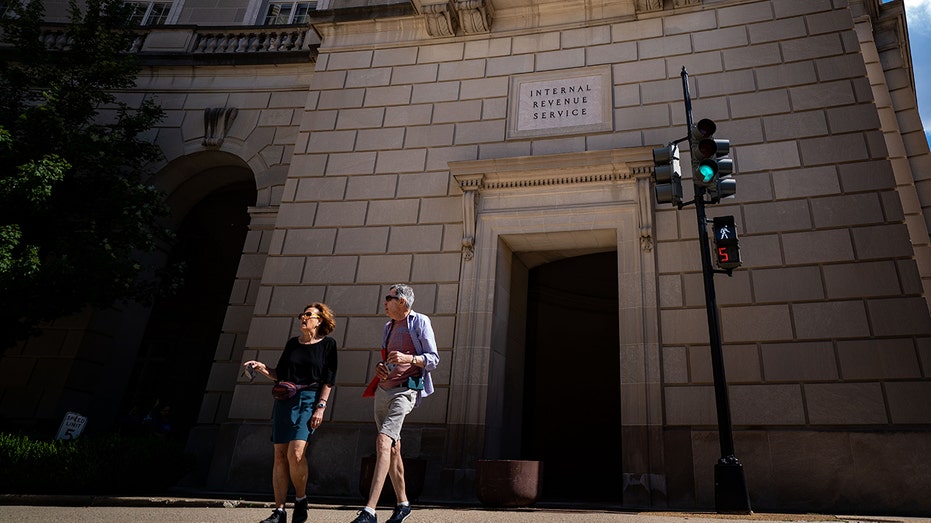The Internal Revenue Service will release its long-awaited spending plan for $80 billion in new funding this week, according to Treasury Secretary Janet Yellen.
Yellen said Tuesday that the tax-collecting agency will outline its spending initiatives in greater detail with the release of its strategic operating plan later this week.
The influx of money for the IRS over the next decade was included in the Democrats’ health care and climate change spending bill – dubbed the Inflation Reduction Act – that President Biden signed into law in August 2022. The funding is aimed at improving tax compliance among big corporations and wealthy Americans and shrinking the estimated $600 billion tax gap.
“The technology will be complemented by hiring more top talent, including accountants and attorneys,” Yellen said. “These additional resources will help us peel back complex corporate structures and large taxpaying entities – and make sure that they pay what they owe.”
YELLEN DOESN’T DENY THAT 90% OF NEW IRS AUDITS WOULD AFFECT THOSE MAKING UNDER $400K
Still, the additional funding has elicited fierce pushback from Republicans and other critics, who say that a beefed-up IRS could ultimately hurt lower-income Americans.
That’s because the IRS disproportionately targets low-income Americans when it conducts tax audits each year. In fact, households earning less than $25,000 a year are five times as likely to be audited by the agency than everyone else, according to an analysis of tax data from fiscal year 2021 by the Transactional Records Access Clearinghouse (TRAC) at Syracuse University.
The reason for that is a rise in what is known as “correspondence audits,” meaning the IRS conducts reviews of tax returns via letters or phone calls rather than more complex face-to-face audits. Just a fraction – 100,000 of the 659,000 audits in 2021 – were conducted in person.
WERFEL CONFIRMED AS NEXT IRS HEAD

According to the Syracuse study, more than half of the correspondence audits initiated by the IRS last year – 54% – involved low-income workers with gross receipts of less than $25,000 who claimed the earned income tax credit, an anti-poverty measure.
The discrepancy is primarily due to high-income taxpayers having complex investments that can easily shroud the gaps between taxes owed and paid vs. taxes reported and paid.
Yellen has pushed back against that fear, reiterating on Tuesday that the IRS will not increase audits on households earning less than $400,000 annually.
“As I’ve said before, I have directed that these resources will not be used to increase the audit rate for small businesses and households making under $400,000 a year, relative to historical levels,” she said.
Revenue generated by the stronger IRS will go toward initiatives designed to combat climate change and curb pharmaceutical prices, as well as efforts to reduce the nation’s $30 trillion debt.
Read the full article here








